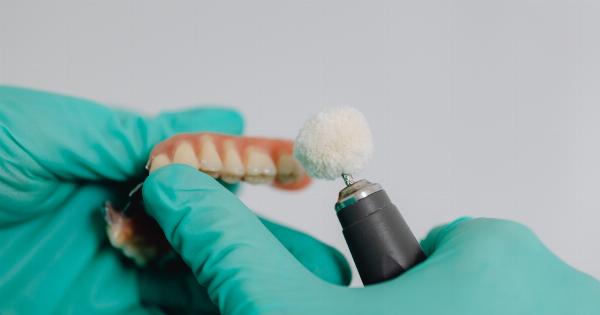Oral hygiene is vital for overall physical health and wellness. Ignoring oral care could lead to serious health problems like gum diseases, tooth decay, and even systemic illnesses.
Dental implants have proven to be a game-changer in the world of dentistry. Implants are gaining popularity due to their effectiveness, durability, and the fact that they act as a permanent solution for replacing lost teeth.
Dental implants are a better alternative to traditional dentures because they offer a natural and aesthetically pleasing look. With sparkling tooth implants, you can enjoy a healthier, happier life.
What are Tooth Implants?
A tooth implant is a cosmetic dental procedure that replaces missing or damaged teeth with artificial ones. Dental implants have replaced traditional dentures as a preferred option for teeth replacement.
The implant procedure involves an artificial root that is surgically implanted into the jawbone, and a natural-looking dental crown is placed on top of the root to give the appearance of a natural tooth.
Types of Tooth Implants
There are two types of dental implants:.
Endosteal Implants
Endosteal implants are the most common type of dental implant. They are surgically implanted into the jawbone, and once they have integrated with the bone, an abutment is placed on top of the implant to allow a dental crown or bridge to be attached.
These types of implants are best suited for individuals with a healthy jawbone.
Subperiosteal Implants
Subperiosteal implants are used when there is an insufficient amount of jawbone to support an endosteal implant. They are placed on top of the jawbone but below the gum line.
An abutment is also placed on top of the implant, and a dental crown is attached. These types of implants are best suited for individuals that do not have enough jawbone for an endosteal implant.
Advantages of Dental Implants
Dental implants offer many advantages over traditional dentures, including:.
Natural Appearance
Dental implants not only look natural but also feel like natural teeth. Implants offer functional support for your jaw and gums, making it easier to eat and speak without the fear of teeth slipping or sliding out of place.
Durable and Long-Lasting
Dental implants are made of biocompatible materials that make them highly durable. They are designed to last for many years and, with proper care, can even last a lifetime.
No Need for Adhesives
Dental implants are anchored to your jawbone, so there is no need for adhesives or other materials to keep them in place.
Easy Maintenance
Caring for dental implants is easy. You can continue your usual dental hygiene routine, including brushing and flossing. Regular dental checkups and cleanings are also essential to maintain your implant and overall oral health.
How to Care for Dental Implants
The best way to care for dental implants is to follow a regular oral hygiene routine that includes brushing and flossing. Proper dental care is necessary to maintain your implant’s longevity and overall oral health.
Here are some tips on how to care for your dental implants:.
Brush Your Teeth Regularly
Brush your teeth twice daily with fluoride toothpaste. Use a soft-bristled toothbrush to avoid damaging your gums or implant restoration.
Floss Daily
Flossing daily helps to remove food particles and plaque from your teeth, including around your implants.
Rinse Your Mouth with Antibacterial Mouthwash
Rinsing your mouth with antibacterial mouthwash can help to maintain your implant’s cleanliness and prevent infection. It is essential to use alcohol-free mouthwash as alcohol can cause dry mouth and affect your oral health.
Attend Regular Dental Appointments
Regular dental checkups and cleanings are essential to maintain your implant and overall oral health. It is recommended to visit your dentist every six months.
Conclusion
Dental implants are a great way to improve your dental health and get a sparkling smile. With proper care, they can even last a lifetime. If you’re looking to replace missing or damaged teeth, dental implants could be the perfect solution for you.
Be sure to consult with a qualified dental professional to determine if dental implants are an appropriate option for you.




























